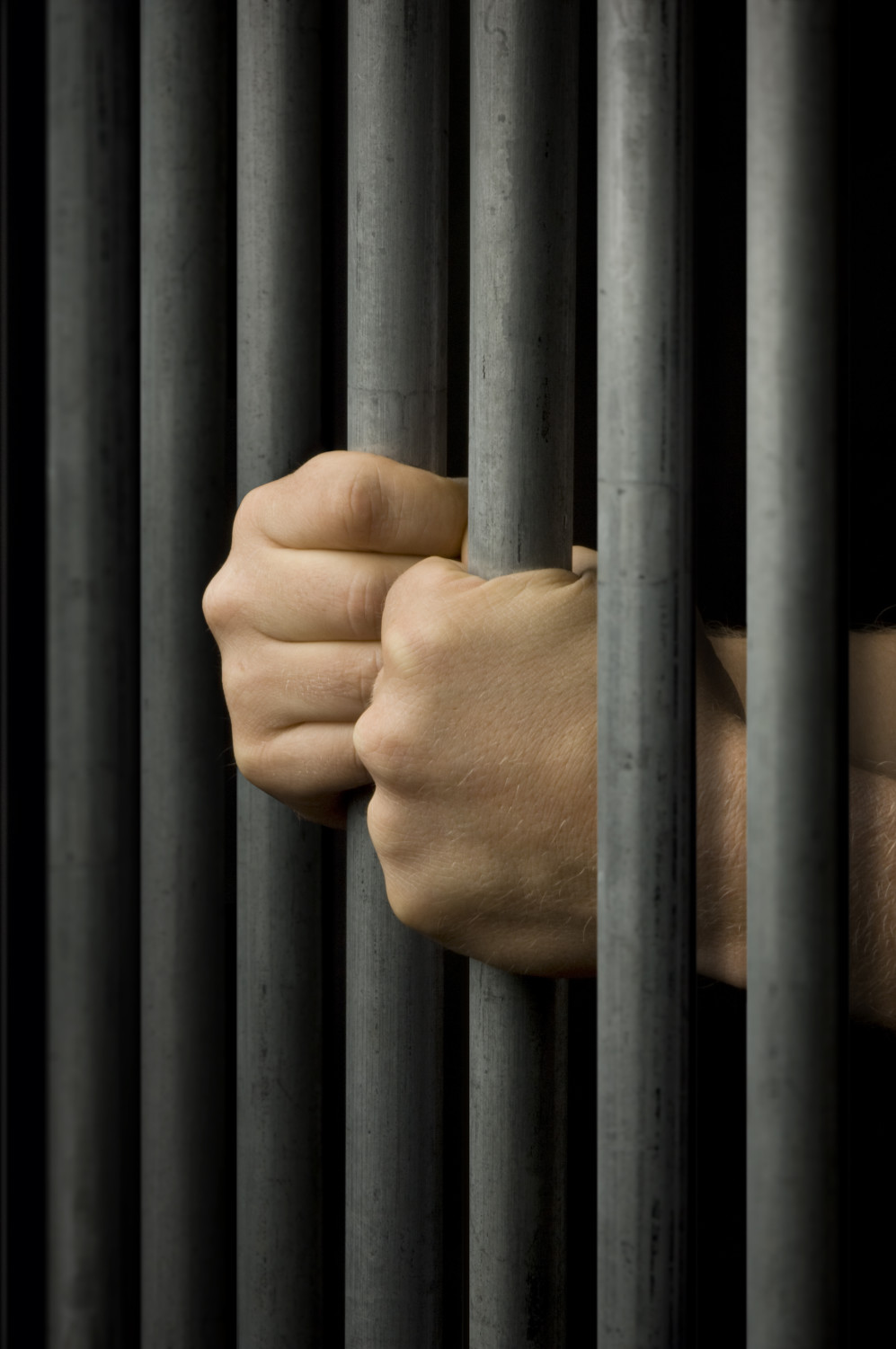FRA: How to better protect children in criminal proceedings

Child-friendly models for better communication, task forces to guide young recidivists and courses on artistic expression in prison: these are some of the good practices identified in a new report on child protection in criminal proceedings by the EU Fundamental Rights Agency (FRA). The report identifies shortcomings in national justice systems and suggests potential remedies that countries could follow to uphold children's rights in the justice system.
“Too often children in criminal proceedings are perceived and treated as young adults, not as children. This goes against the grain of EU and international law which clearly stipulate children’s rights,” says FRA Director Michael O’Flaherty. “EU governments should use this report to identify gaps, potential remedies and existing solutions. This will help ensure that children’s rights are effectively upheld in practice.”
The report 'Protection of Children in Criminal Proceedings' examines how national laws and practices protect juvenile suspects or defendants. The report compares the provisions in EU law and identifies challenges: timely and comprehensible information, respect for privacy, continuous and effective support, individual assessments, access to services, mandatory professional training.
The findings of the report provide evidence-based advice to help EU and national policy-makers and practitioners assess how EU law is applied and where gaps exist.
As one child in Germany told FRA: 'I really hope they really take care of someone next time, no matter where they come from or what colour their skin is'.
The research involved interviews with children and professionals in Austria, Belgium, Bulgaria, Germany, Estonia, Italy, Malta, Poland and Portugal.

